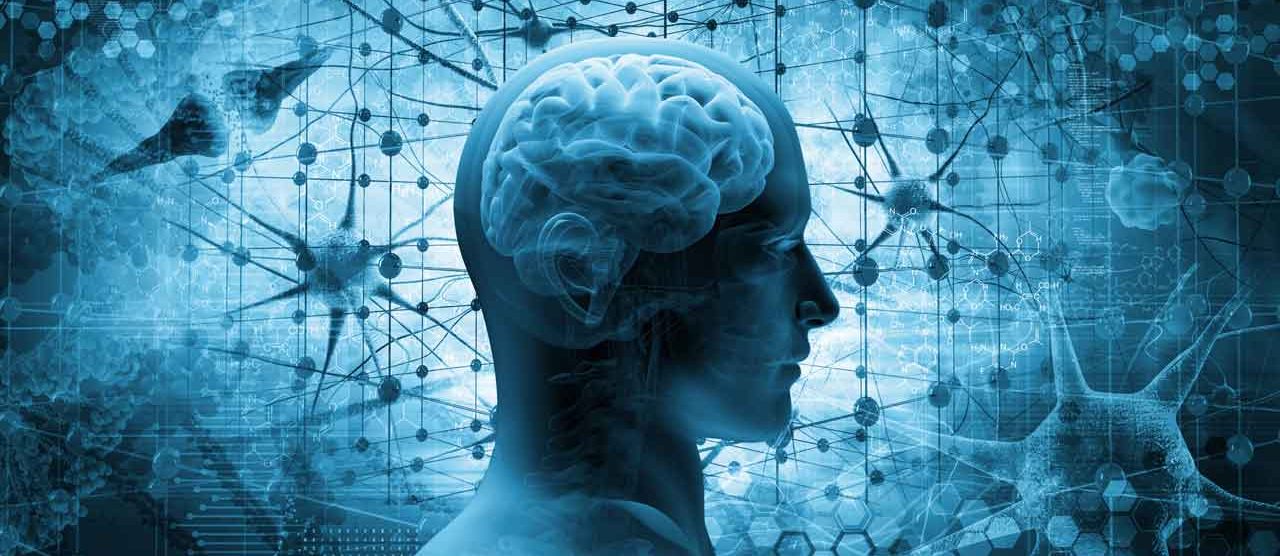Better Heart Function Helps Your Brain Memory Center

Taking control of your cardiovascular health may preserve your brain health. Better heart function helps your brain memory center and may prevent dementia.
There is probably no more dreaded and feared disease than memory-robbing Alzheimer’s disease. But progress is being made in discovering how specific factors may influence the development of Alzheimer’s disease and other forms of dementia. And evidence is growing heart health and brain health are connected, and better heart function can help the brain’s memory center.
Dementia is the loss of remembering, reasoning, and thinking abilities. Over time, it results in losing the ability to carry out even the most basic tasks. Alzheimer’s disease is the most common form of dementia, and early symptoms of Alzheimer’s often first appear in the mid-60s, according to the National Institute on Aging. Although estimates vary, more than 5 million Americans are thought to have Alzheimer’s.
While researchers are looking for cures, they are also looking for risk factors and ways to prevent this devastating brain disease — and exactly how cardiovascular health influences who may develop dementia is an important focus.
YOU MIGHT ALSO LIKE: Who Is at Risk for Heart Disease?
"It is now clear from a growing body of research evidence that there is a strong connection between heart health and brain health," said Maria Carrillo, PhD, the Alzheimer's Association chief science officer. "Those mechanisms, once confirmed, may hold the key to effective treatments and prevention strategies for Alzheimer's disease and other dementias.”
Heart function and your brain’s memory center
Although your brain only accounts for about two percent of your total body weight, under normal circumstances it receives 12 percent of blood flow from your heart. This level of blood flow is kept constant thanks to complex, automatic physiological processes. But if something impedes how much blood your brain is consistently receiving, it can spell trouble for memory and thinking abilities.
Vanderbilt University Medical Center scientists are investigating whether reductions in blood flow to the brain might explain previous research showing an association between impaired heart function and Alzheimer’s disease and other types of cognitive impairment. Angela Jefferson, PhD, director of the Vanderbilt Memory and Alzheimer's Center, and colleagues studied 314 people with an average age of 73 to see if impaired brain blood flow and signs of developing dementia were linked.
Thirty-nine percent of the research subjects, who are participating in research that will track their health along with thinking abilities and memory over many years, already had signs of mild cognitive impairment — a risk for Alzheimer’s or other dementia — while the rest had normal cognitive function. The research team used echocardiography to measure each study participant’s cardiac index (the amount of blood flowing out of the heart adjusted for body size). Then blood flow in the brain was measured with magnetic resonance imaging (MRI).
The results of the study, published in Neurology, found research participants whose hearts pumped less blood had reductions in the amount of blood flowing to their temporal lobes. The temporal lobe is the brain region critical for memory processing and is where Alzheimer's pathology is believed to start.
"We currently know a lot about how to prevent and medically manage many forms of heart disease, but we do not yet know how to prevent or treat Alzheimer's disease," said Jefferson, who headed the study. "This research is especially important because it may help us leverage our knowledge about managing heart health to address and treat risk factors for memory loss in older adults before cognitive symptoms develop."
Less blood flow ages the brain
It turns out reduced blood flow to the brain’s temporal lobe corresponds to a speeding up of brain aging, according to Jefferson.
"One way to put these results into a meaningful context is to define how one year of aging relates to blood flow in the brain," she explained. "Then we compare the effect of one year of aging to the effect of lower cardiac index. When we do that, we find that the effect of cardiac index on blood flow in the temporal lobes corresponds to 15 to 20 years of age."
It may be that autoregulation of blood flow to the brain is less effective in some people as they age, but it also appears cardiovascular health, which influences blood flow, may play in Alzheimer's development and symptoms of dementia.
Another study by the Vanderbilt research team, published in Circulation, found more evidence better heart function helps the brain's memory center and may prevent dementia. The researchers analyzed data on 1,039 participants from the Framingham’s Offspring Cohort who were followed for up to 11 years to see if their heart function was linked to the development of Alzheimer’s disease.
The results showed the people with decreased heart function, measured by cardiac index, were two to three times more likely to develop significant memory loss over time than those with normal heart blood flow.
“Heart function could prove to be a major risk factor for dementia and Alzheimer’s disease,” said Jefferson, principal investigator of the study. “A very encouraging aspect of our findings is that heart health is a modifiable risk. You may not be able to change your genetics or family history, but you can engage in a heart healthy lifestyle through diet and exercise at any point in your lifetime.”
Updated:
March 03, 2020
Reviewed By:
Christopher Nystuen, MD, MBA